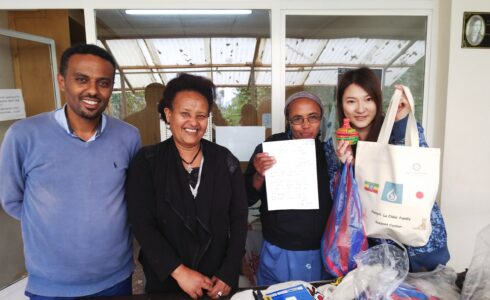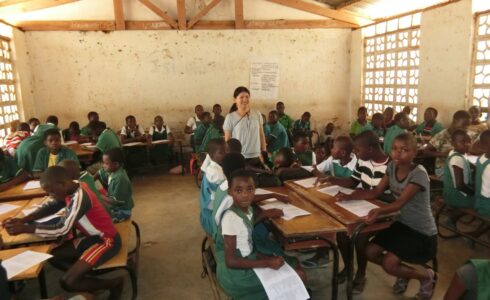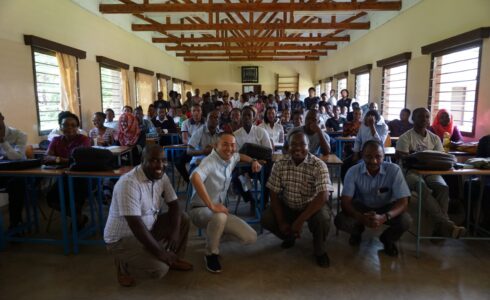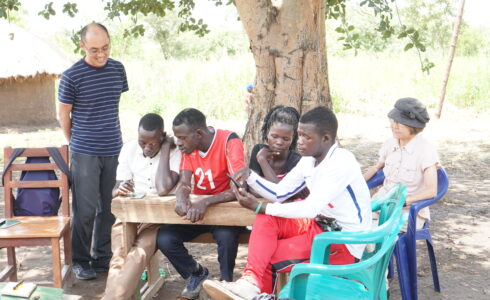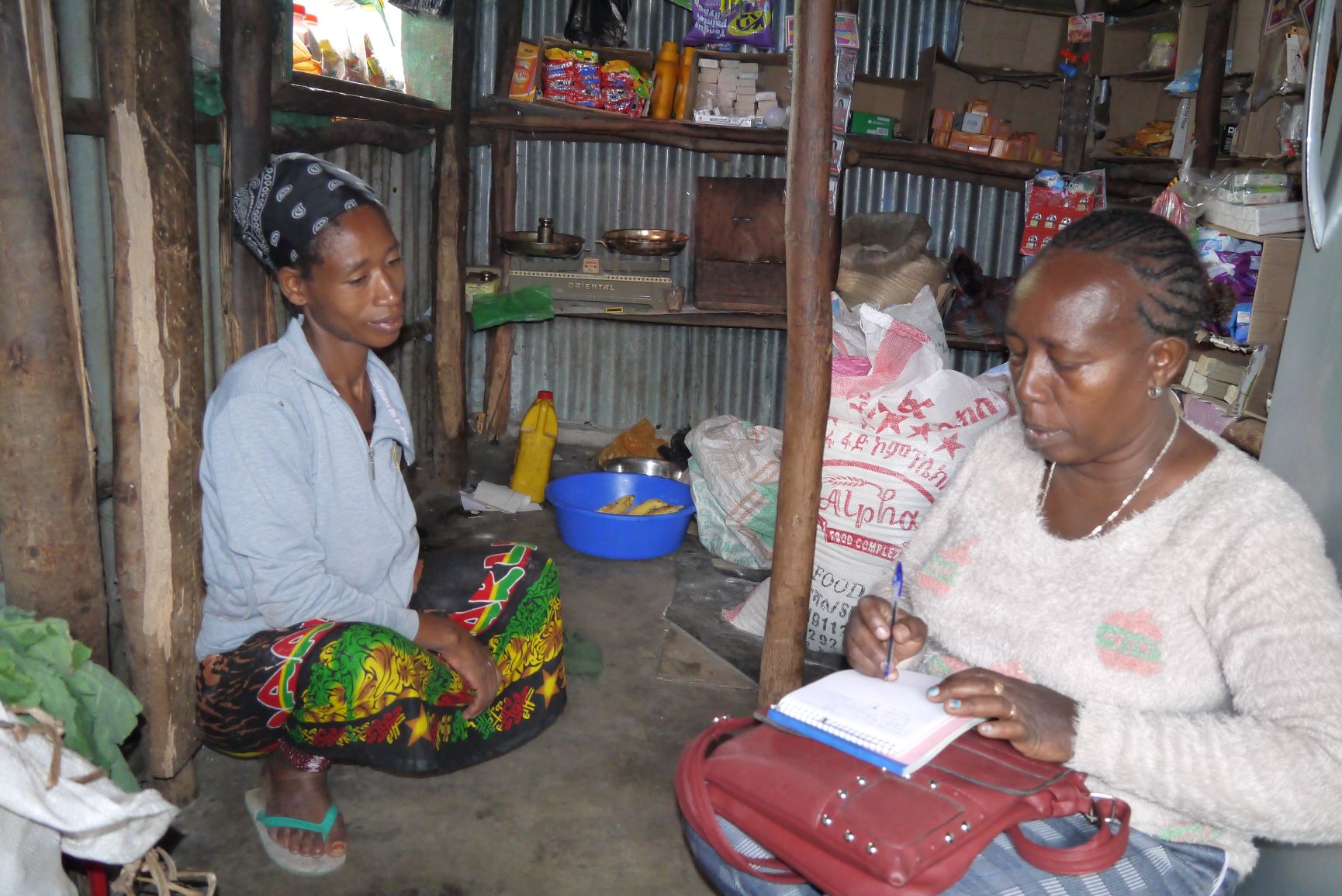
Health Extension Workers’ Role and Potentiality in Health and Hygiene Activities in Ethiopia’s Regional City (Noriko Suzuki)
This presentation elucidates Health Extension Workers’ (HEWs) health and hygiene activities and discusses their role in a rapidly growing and urbanizing regional city in Ethiopia. The research was conducted in Arba Minch City, G kebele (the smallest Ethiopian administrative unit), from October 4 to November 9, 2018, and from June 11 to July 26, 2019. Research methods included interviews with two of the four HEWs in G kebele, observation of HEWs’ health and hygiene activities for households, and interviews with members of 197 households about HEWs’ advice. People of all ages, including under five, are affected by malaria and other infectious diseases.
The research revealed the following points: (1) HEWs’ main tasks were household visits, vaccinations, and office work. They focused on activities related to environmental sanitation, malaria prevention, and maternal and child health under the Health Extension Program (HEP), a national policy. (2) While HEWs conducted activities based on HEP, they sometimes provided advice beyond HEP to help inhabitants live safely. (3) Each HEW was required to visit about 500 households, but they spent fewer days visiting households and more days doing office work. (4) HEWs worked not only in the kebele’s central area where the Health Post (a simple office HEWs use) is located but also in peripheral areas. On other hands, not all households in the kebele were visited. (5) While some inhabitants appreciated HEWs’ activities for their important role in healthy living, others were reluctant to acknowledge their focus on infectious diseases and maternal and child health.
Recognizing the community’s challenges, HEWs engaged selectively in health and hygiene activities. At the same time, they visited and advised inhabitants not covered by HEP. Within their discretion, they also addressed limited health issues. Finally, they had the potential to work with local people to implement community health management.
